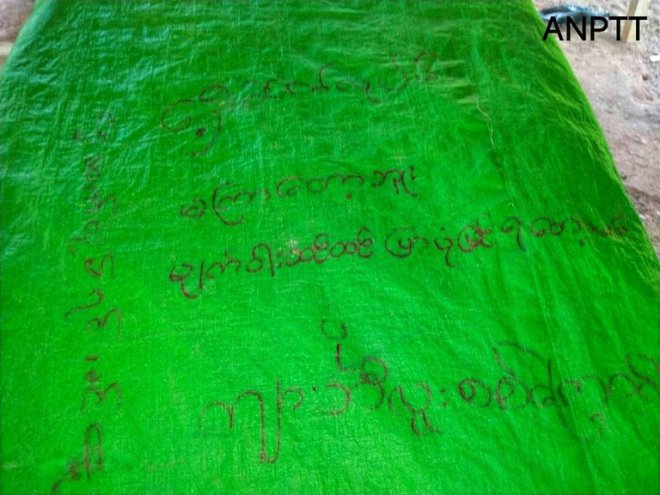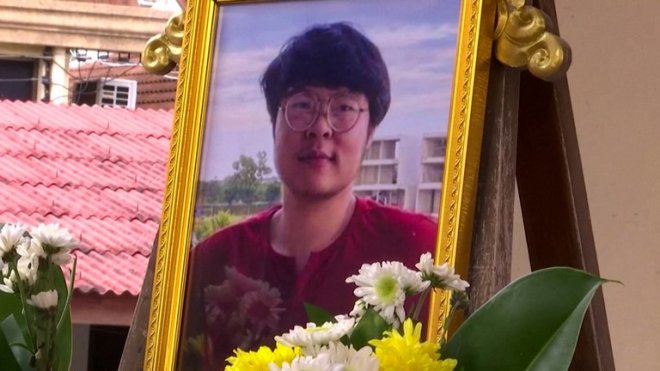Banned protest anthem 'Glory to Hong Kong' pulled from global streaming services
A banned Hong Kong protest anthem has disappeared from music streaming services around the world after the city"s government applied for a court injunction banning its dissemination."Glory to Hong Kong," which has sparked a police investigation after organizers played it instead of China’s national anthem at recent overseas sports events, was regularly sung by crowds of unarmed protesters during the 2019 pro-democracy and anti-extradition movement.
It is still sung at rallies and protests by Hong Kongers in exile around the world, but has been targeted by an ongoing crackdown on public dissent and political opposition under a draconian national security law since 2020.
Last week, the Hong Kong government applied for a High Court injunction banning it from being disseminated in any way, prompting mass downloads of the song that propelled it to the top of local music charts.
The hearing has been postponed to July 21, yet many versions of the song have already been removed from Spotify, Apple"s iTunes and other music platforms.
The song"s creators said they were having "technical issues."
"Working on some technical issues not related to the streaming platform, sorry for the temporary impact," they said in a post on their Facebook page. "Thank you to all our listeners."
‘Live on in everyone’s hearts’
Comments under the announcement were sad but defiant.
"Really sad! It"s been taken down from Apple Music regardless of country," wrote one user, while another said: "Even if it"s banned, this song will live on in everyone"s hearts. Go Hong Kong!"
Another added: "The most important thing is that you are safe."
Spotify said in an emailed statement to the Associated Press and Reuters that the song had been pulled by its distributor and not the platform itself, while Facebook, Instagram, and Apple Music did not immediately respond to requests for comment.
The song calls for freedom and democracy rather than independence, but was nonetheless deemed in breach of the law due to its "separatist" intent, officials and police officers said at the start of the current crackdown on dissent.
The high court has set the hearing date for the injunction at July 21.
If granted, the injunction will ban "broadcasting, performing, printing, publishing, selling, offering for sale, distributing, disseminating, displaying or reproducing [the song] in any way including on the internet," according to a police statement on the injunction.
Francis Fong, president of the Hong Kong Information Technology Federation, said there are two possible reasons for the song"s disappearance from music platforms.
"It could be that the creators are worried about violating the national security law, and it wouldn"t be surprising if they removed it themselves," Fong said. "It"s not the same as uploading to YouTube, where anyone can create an account and upload something."
"You can"t just do that on iTunes, where you have to apply for an account so as to receive money, which means that [the authorities] have a way to track down whoever the author is," he said.
"If they feel that things could be getting dangerous, they could have removed it themselves."
Fong said many global platforms are also pretty responsive to government takedown requests, particularly relating to defamation, pornography and violent content, either with or without court orders.
"They will remove certain things if the police ask them to," he said.
Translated by Luisetta Mudie. Edited by Malcolm Foster.
[圖擷取自網路,如有疑問請私訊]
|
本篇 |
不想錯過? 請追蹤FB專頁! |
| 喜歡這篇嗎?快分享吧! |
相關文章
AsianNewsCast























